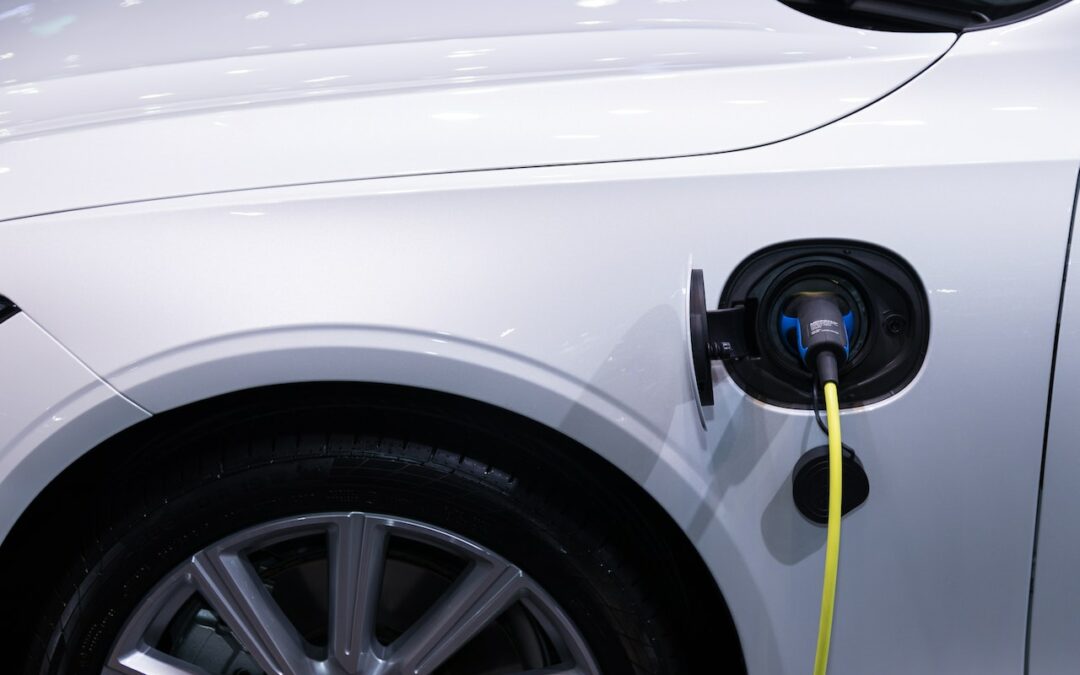by Komoneed | May 19, 2025
IN A NUTSHELL 🌕 Interlune, a Seattle-based startup, plans to extract helium-3 from the moon, aiming to revolutionize clean energy and quantum computing. 🚀 The company has developed a prototype excavator capable of digging up to ten feet into lunar soil, refining helium-3 directly on the moon for efficiency. 🔋 Helium-3 offers potential for nuclear […]
The post “Mining the Moon Begins”: US Firm’s Robot to Extract Rare Helium-3 and Launch Payloads Back to Earth for Futuristic Energy Use appeared first on Sustainability Times.

by Komoneed | May 17, 2025
The Australian Fashion Council (AFC) and Epson Australia have launched an initiative to evaluate the potential for an AI and digitally powered smart factory to advance Australia’s clothing manufacturing capabilities. The organisations are seeking a qualified research partner to conduct a six-month feasibility study that will create a detailed blueprint for a pilot facility combining digital design and print, automation and AI technologies to rebuild local production.
A clothing smart factory is an automated production facility that enables on-demand, customisable garment manufacturing with minimal waste and fast turnaround times. By bringing together digital design and print and advanced manufacturing technologies with AI-powered systems and analytics, smart factories can enable quick, flexible production runs that respond rapidly to market trends without the high minimum order quantities that can result in overproduction.
Jaana Quaintance-James, CEO of the Australian Fashion Council, said: “This smart factory initiative addresses multiple challenges facing Australian fashion manufacturing, from supply chain disruptions to skills shortages. Our sector is at a critical tipping point. The feasibility study will validate whether a smart factory pilot program can be commercially viable while delivering broader benefits as part of an integrated advanced manufacturing ecosystem.”
Research commissioned by the AFC has estimated that for every $1m invested in returning production to Australia, approximately $1.2m in economic returns could be generated through job creation, technology adoption, strengthened local supply chains and reduced import dependencies.
Craig Heckenberg, Managing Director of Epson Australia.
Craig Heckenberg, Managing Director of Epson Australia, said: “Epson is committed to supporting innovation in Australian manufacturing as we believe Epson’s digital textile printing technology can help build a more sustainable world and improve lives. Our partnership with the AFC and this blueprint and initiative will help local brands, big and small, have access to smart manufacturing capabilities that match their scale and ambition. For smaller brands, it means producing high-quality garments locally, on demand. For larger companies it offers a blueprint to implement smart factory practices within their operations. As a result, we see a future where Australian-made sustainable fashion will set the global standard, leading not just in design, but also in ethical, high-tech manufacturing.”
Why a feasibility study?
Before committing significant resources to establish a smart factory, the AFC and Epson recognise the importance of thoroughly validating the concept and learning from other local and international examples. The comprehensive six-month study will assess market viability, technical requirements, operational models, financial projections, and social and environmental considerations to create a detailed implementation roadmap.
“This isn’t just a research exercise, it’s the foundation for action,” Quaintance-James said. “Following completion of the study toward the end of 2025, we’ll develop a detailed implementation plan to secure investment partnerships, finalise specifications for an initial pilot, develop training programs with educational institutions, and create a governance framework to maximise benefits to the Australian fashion industry.”
“The smart factory concept represents a transformative shift toward ‘rapid agile’ on-demand manufacturing,” Heckenberg said. “Rather than speculative production, this approach enables creating products in response to actual consumer demand, simultaneously addressing profitability challenges and environmental concerns.”
Call for research partners
The initiative aims to retain sovereign manufacturing capability, rebuild local supply chains, drive digital innovation, and upskill the workforce through educational partnerships.
Research partners may be Australian-based or international organisations with the capacity to conduct a thorough feasibility study that delivers actionable recommendations. Interested parties should submit their expressions of interest by 15 June 2025.
Top image credit: iStock.com/eternalcreative

by Komoneed | May 16, 2025
This post was originally published on UNDPValidation of the Study on the Vulnerability of Agricultural Systems and Ecosystems to Climate Change in Forest Guinea admin Thu, 05/15/2025 – 05:43 N’Zérékoré, le 23 janvier 2025 — Une étape décisive dans la lutte...

by Komoneed | May 16, 2025
New styling and tech, plus a new EV powertrain are on the cards for DS’s high-end hatchback

by Komoneed | May 16, 2025
The Equal Access to Justice Act (EAJA) was created with good intentions—to protect individuals and small businesses from being steamrolled by the federal government. Passed in 1980, EAJA was meant to level the playing field by reimbursing legal costs when




